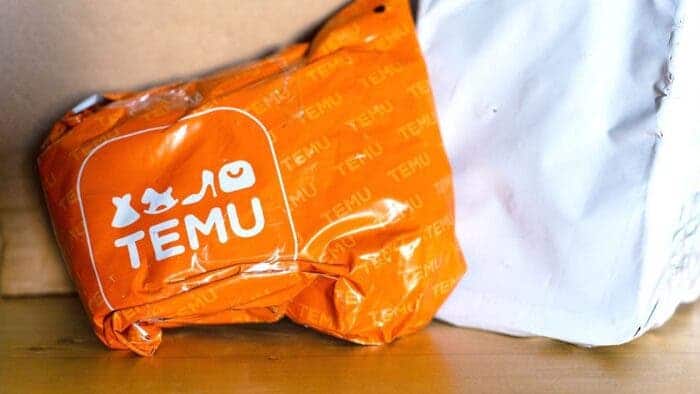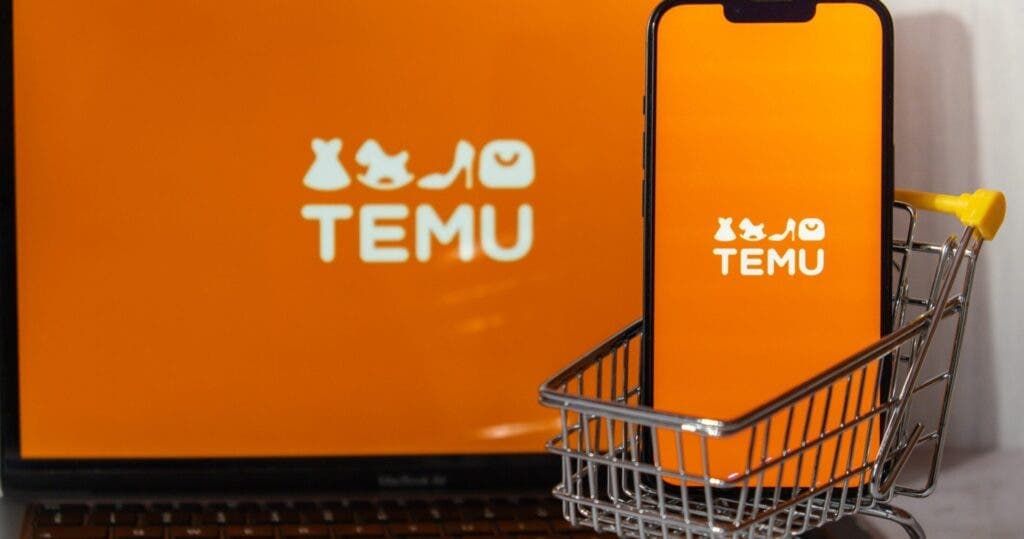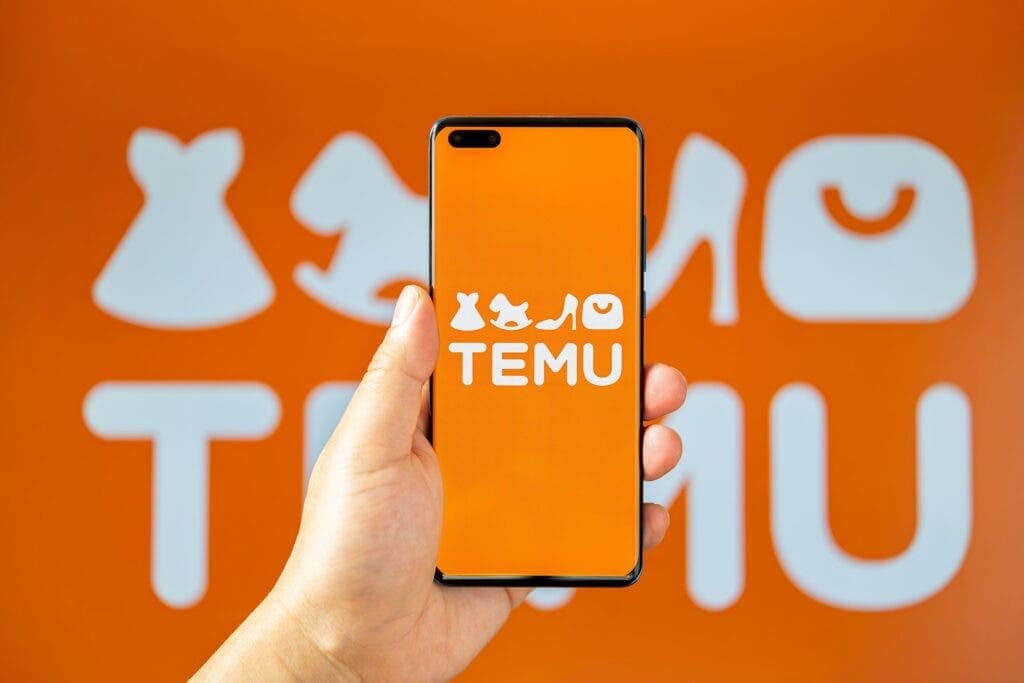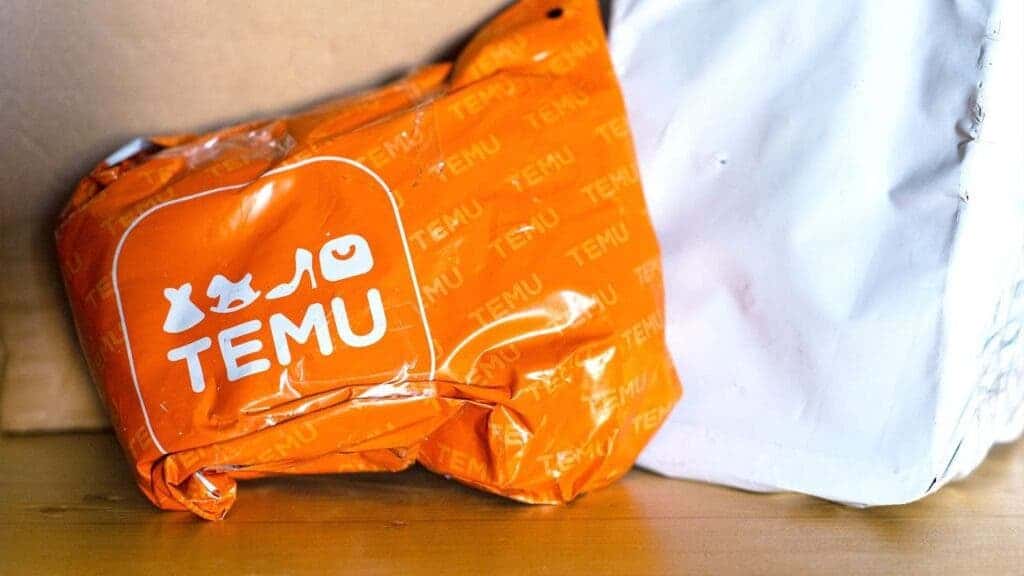newsTech
Temu Shakes Up Its U.S. Model: No More Direct Shipments From China

Nick Papanikolopoulos
May 4, 2025

It’s official—Temu has changed how it operates in the U.S., and it’s not a small tweak. As of early May 2025, the ultra-low-cost shopping platform is no longer shipping products directly from China to American consumers. If you’re someone who snagged $5 sneakers or bizarrely specific kitchen gadgets from the app, this might feel like a bit of a gut punch.

The change didn’t exactly come out of nowhere, though. New U.S. regulations targeting small international shipments kicked in on Friday, May 2. And, well, they hit platforms like Temu hard—maybe harder than expected.
Why Now? The “De Minimis” Loophole Just Got Slammed Shut
Here’s where it gets a little technical, but bear with me. Since 2016, packages worth $800 or less could enter the U.S. without customs duties—this was known as the “de minimis” rule. It created a kind of legal backdoor that companies like Temu (and Shein, too) used to keep prices jaw-droppingly low.
But that rule no longer applies to China and Hong Kong. Former President Donald Trump signed an executive order in April to specifically target this exemption, and it took effect right at the beginning of May.
So what does that mean in practice? For starters, every single little parcel from China is now subject to hefty tariffs—up to 145%, depending on the category. Shipping direct and cheap? Not anymore.
What You’ll See on the App (If You Haven’t Already)
Open the Temu app now in the U.S., and things look different. Noticeably so. Products that were once shipped straight from factories in Shenzhen or Guangzhou now either say “unavailable” or simply don’t appear at all. Instead, you’ll find a smaller selection—items stocked in U.S. warehouses. It’s faster, maybe, but let’s be honest: the variety is way down, and prices… well, they’re creeping up.

I checked just yesterday out of curiosity. That weird-but-useful plastic bag sealer I bought for $1.47 a few months ago? Gone.
The Bigger Picture: Why It Matters
This isn’t just a Temu thing. The rule change affects Shein, AliExpress, and even parts of Amazon’s marketplace. The idea behind the policy is to give U.S. manufacturers and retailers a fighting chance—to level the playing field, in theory. But there’s a flipside. Millions of Americans, especially those on tighter budgets, relied on these ultra-affordable imports. For them, this is more than a trade policy—it’s a loss of access. A small one, maybe, but it adds up.
Will consumers adapt? Probably. We usually do. But it’s worth pausing to ask whether this move solves more problems than it creates.

What’s Next for Temu?
For now, the company is clearly trying to adapt. It’s leaning hard on its domestic warehouses and cutting off overseas shipments entirely in the U.S. They’d seen this coming—there were already signs when Temu started adding import fees at checkout back in April. But longer term? It’s murky. They’ll need to build up local supply chains, renegotiate with U.S. distributors, and maybe even rethink their value proposition altogether. And if history is any guide, Shein won’t be far behind in making similar changes.
Still, it’s a pretty abrupt pivot. Whether Temu can keep its momentum going in this new environment—that remains to be seen.
Final Thoughts
We may be watching the end of an era. The era of loophole-driven, untaxed cross-border shipping from China may be over, at least for U.S. customers. What’s coming in its place? A more regulated, probably more expensive, but perhaps more predictable shopping experience. Unless something changes again—which, honestly, wouldn’t be surprising—we’re looking at a very different version of Temu in the U.S. going forward.
And if you were hoping to restock on those suspiciously cheap LED strip lights? Might want to look elsewhere.
Disclaimer: We may be compensated by some of the companies whose products we talk about, but our articles and reviews are always our honest opinions. For more details, you can check out our editorial guidelines and learn about how we use affiliate links.Follow Gizchina.com on Google News for news and updates in the technology sector.
Source/VIA :
VIA